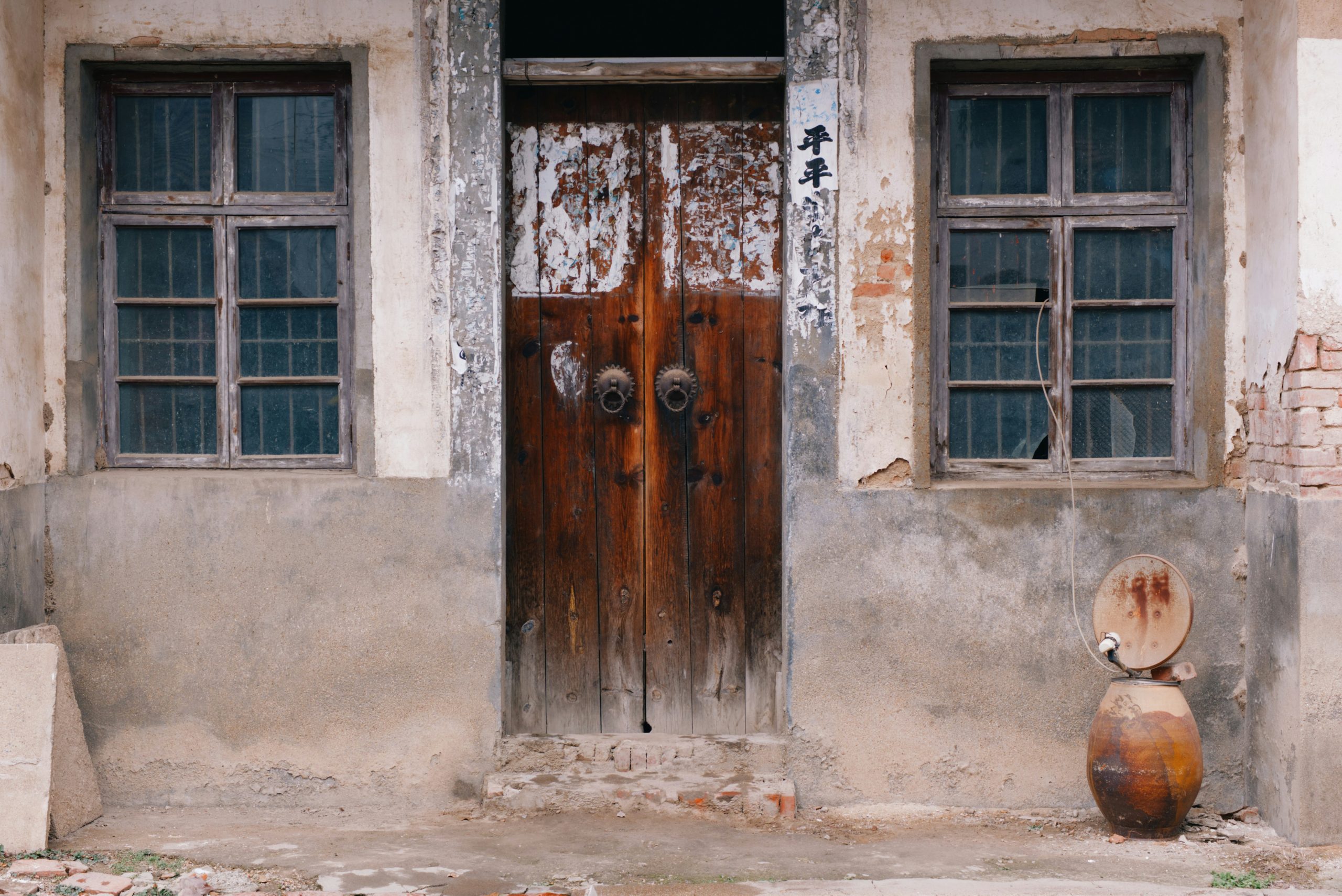Iran Vows Retaliation Against Israel Following High-Profile Assassination
In a stark escalation of tensions in the Middle East, Iranian President Masoud Pezeshkian confirmed on Monday that Tehran would "definitely" retaliate against Israel for the assassination of Hamas leader Ismail Haniyeh. This declaration comes on the heels of a series of high-profile assassinations that have sent shockwaves throughout the region, compelling numerous factions to reassess their strategies and alliances.
The assassination of Haniyeh, carried out under suspicious circumstances widely attributed to Israeli operatives, has intensified fears of a broader conflict. Israeli leaders have openly acknowledged the possibility of an Iranian-led retaliation, heightening security measures and preparing military defenses amidst fears of an impending strike.
The situation is compounded by the scheduled meeting at the Organization of Islamic Cooperation (OIC) headquarters in Jeddah, Saudi Arabia, where discussions on a unified response to Israeli actions are expected to take center stage. As regional militias and allied factions express solidarity with Iran, the potential ramifications of a coordinated response could reshape the geopolitical landscape.
Analysts agree that Iran's options for retaliation are limited, yet the Islamic Republic has vowed to exercise its "legitimate" right to defend itself. The Iranian leadership is under immense pressure to respond decisively to bolster its credibility both domestically and internationally. With regional tensions at a boiling point, the stakes have never been higher.
In the past week alone, the Middle East has been rocked by two significant assassinations. The first was of Fuad Shukr, a senior commander of Hezbollah, which has drawn the ire of Iranian officials and underscored the ongoing threats faced by allied groups in the region. These events have led to a call for unity among militant factions, as they navigate the complex web of alliances and enmities that characterize Middle Eastern politics.
As the clock ticks and the potential for retaliation looms, the international community watches closely, aware that any miscalculation could lead to widespread conflict. The specter of war hangs heavy in the air as Iran and Israel remain locked in a deadly game of brinkmanship, with both sides preparing for the worst.
In conclusion, the assassination of Haniyeh has not only reignited the longstanding animosity between Iran and Israel but has also mobilized various factions within the region to consider their positions in an increasingly volatile environment. With the OIC summit approaching and the threat of retaliation looming, the next steps taken by Iran and its allies will be critical in determining the future stability of the Middle East.











